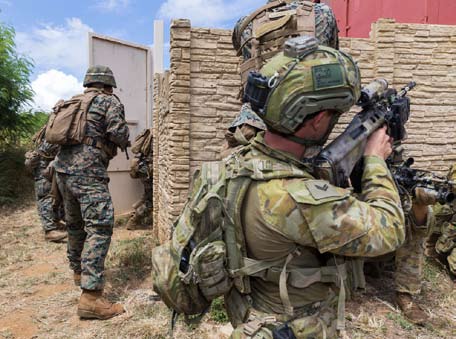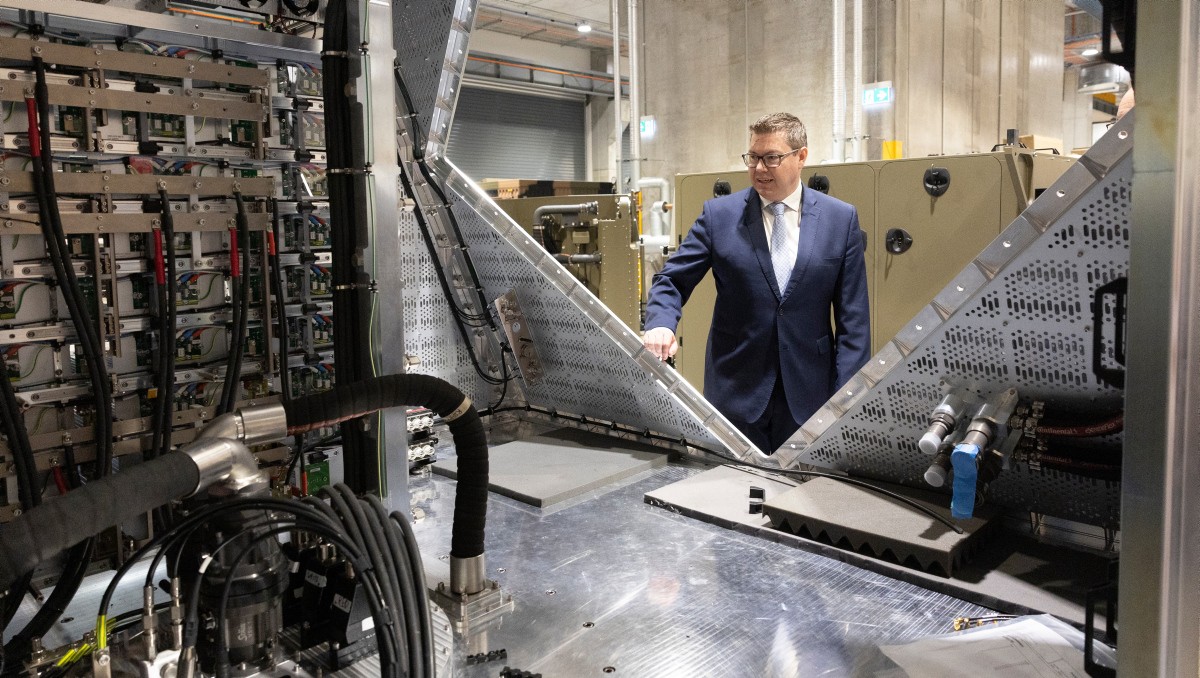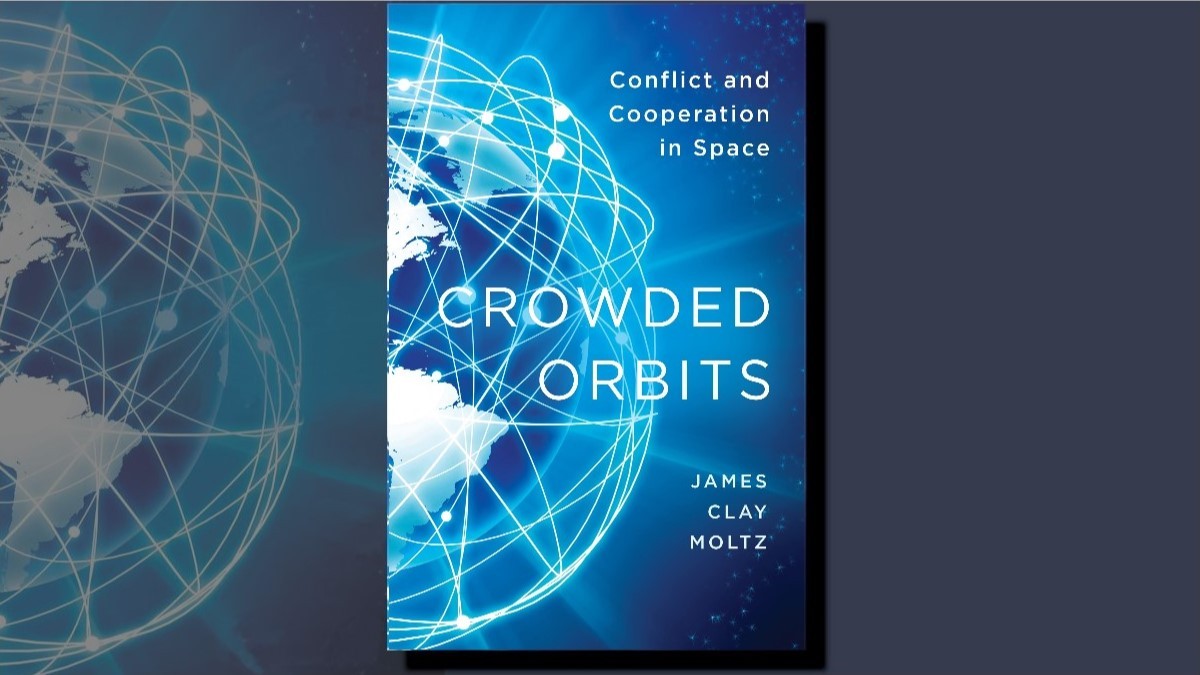Session 4: CALFS Summary
Closing Address
Major General Justin ‘Jake’ Ellwood, DSC
Deputy Chief of Army
‘Distinguished guests, delegates, colleagues and friends—I think I can say friends now because I think the last couple of days we’ve actually made a number of really good connections at this seminar and Land Forces in general.
‘So good morning.
‘Today I’ve been given the very daunting task of summarising the outcomes and insights of CALFS. It’s daunting because of the amazing speeches and contributions of all participants, but in particular our international guests— such a diverse range of speakers has allowed us to view the issues of today from different angles and through a variety of lenses.
‘The theme of this conference has been to understand how international partners can help build, develop and sustain land power to respond to the complex range of security challenges that shape our strategic environment and I think, in many regards actually, the theme cannot be answered per se, but it can be addressed. As the Chief of Army might say, it is an issue in motion, very much like our Army. And as I listened to the presentations throughout our seminar, there seemed to be three key threads that presented throughout. The first was that our environment contains shared threats and opportunities for the international community. The second common thread was that the diverse nature of the international community has potential to deal with the ever-changing and highly complex nature of the strategic system. However, the third thread is that we can only ever realise this potential through our mutual understanding, cooperation and coordination.
And I’ll now expand on each thread.
In terms of the opportunities and threats present in the strategic environment, the changing shape of strategic boundaries is one of the most significant factors. We were given some very interesting insights into the broader implications of combining the Indian Ocean and Pacific Ocean regions into a single expanse, referred to as the Indo-Pacific region. This conflation is significant as within this single system lies massive opportunity, considering within it are nine of the world’s ten mega cities and three of the top world economies along with almost boundless manpower and resources.
However, as with most things dense with opportunities, significant challenges exist, both natural and man-made. Within the Indo-Pacific there has and will continue to be significant threats of natural disaster, drugs, arms trafficking, piracy, illegal fishing, conflicts, and terrorism. Lieutenant General Mahesh Senanyake referred to the Indo-Pacific as the world’s hazard belt and General Robert Brown observed that within a few years over one billion people will live in high to extreme risk areas that are vulnerable to natural disaster. No issue is insurmountable but any successful solution requires regional cooperation for the greater good.
As leaders, we all have a role to play in this. In such a vast expanse with such diversity there must also be accepted norms and laws. Without such measures the smaller nations will be at the mercy of the big. There will always be competition and competition is healthy, as Professor You Ji stated—collective partnerships can offset shared threats. However, we must also remember that unbridled competition can lead to conflict and in a region with seven of the ten largest armies in the world, conflict is in no one’s interests.
The second thread—that the diverse nature of the international community provides opportunities to have the potential to deal with the ever-changing and highly complex strategic system—was alluded to throughout the seminar. The Minister for Defence noted that through diversity there is strength—a multitude of views has a better chance of finding solutions than a single one. He pointed to the importance of partnerships that embrace engagement [and] shared resilience within a framework of a rules-based order. He talked about disruptive changes in international relations when imposed on others. Rules must be upheld, although rules can change when all agree to these changes.
Changes are indeed essential to ensure relevance to the environment—as the Chief of Army pointed out, we need to adapt to meet future challenges. Transformation is a necessity not a choice and, as we heard today in the great presentation by Professor Genevieve Bell about AI, you know we have many changes afoot.
Furthermore, General Brown stated the joint multi domain and multinational partnerships are the way of the future. They are only effective though with people that are trained, trusted and empowered. Duncan Lewis implored us to recognise that if we continue to work hard across agencies, national borders and languages then we will be able to deliver the security that our people deserve. For Australia and its partners this should manifest in our people-to-people relationships. However, again changes must be considered carefully and agreed to by all. The multinational fora is a great place to start with these considerations, in military speak I guess we would say: “on an all-informed net”.
The final, and potentially most important, thread throughout CALFS was a need for mutual understanding, cooperation and coordination to deal with the changing strategic circumstances. It is an essential ingredient for an effective, collective response to challenges. As the Chief of Army mentioned in his opening address, nations can only operate at the speed of trust.
Brigadier General Gilbert Toropo provided an excellent synopsis of the behaviours needed to ensure the region, with its opportunities and challenges, maximised the former and minimises the latter. He focused on productive international engagement. He noted, when we are alone, we risk working at cross-purposes with one another, but working together we maximise our effectiveness. He talked about the need for effective partnering, which is synonymous with effective international engagement. He noted that the real challenge is finding where partner’s interests align. [I will] summarise this by quoting the Commander of the Republic of Fiji military forces, who said: “make sure you’re in the waka or canoe; better to be in the canoe working together than shouting directions from the shore”. He also spoke about interoperability by enhanced familiarity and he stressed that partnerships cannot be built overnight.
Lieutenant General Rolando Batista reminded us that our adversaries are working together in partnerships of convenience. He was quite correct in pointing out that united we stand, united we prevail. But, as a side note, one of the slides we saw yesterday showed an ISIS member wearing a t-shirt with a very similar slogan—we must strive to be more united than our adversaries.
Major General Adam Findlay, Australia’s Special Operations Commander, also highlighted the importance of trusted partnerships from us all when he urged us to form relationships which involve sharing, understanding and earning trust through cooperation. As he said, ‘trust’ is a capability. The theme of collective partnerships was strongly reinforced by General Brown, who stated that none of us can afford to go it alone—it doesn’t make sense. Building and maintaining interoperability will be essential in the future to promote peace and security in the Indo-Pacific.
Glenn Dunbier talked about the need for mutual understanding and cooperation in a whole-of-government sense. He stressed that we must collaborate, cooperate and work together to leverage the different strengths we all have and this means partnering and partnering means we need to understand the cultural differences in the way that we operate. He reminded us that a very good way to start is by listening.
So, in conclusion, while there were a myriad of important points of view expressed during this provoking seminar, many of which [were] standalone items that are worthy of independent consideration, the three threads throughout the seminar were that our strategic environment contains shared threats and opportunities to the international community; the diverse nature of the international community has a potential to deal with the ever-changing and highly complex nature of the strategic system within which we live; and finally, we can only ever realize this potential through mutual understanding, coordination and engagement.
As an Army Officer I couldn’t help but conclude with a statement made by Lieutenant General Senanyake in the very first session. He said that peace on the sea depends upon stability, peace and prosperity on the land. It reminds us why the effective application of land power in the Indo-Pacific region is so vitally important to us all now and into the future.
So with that I will now invite the Chief of Army to make some closing comments.

Figure 41. Soldiers from 2nd Battalion, Royal Australian Regiment and US marines conduct a clearance. (Image:DoD)



